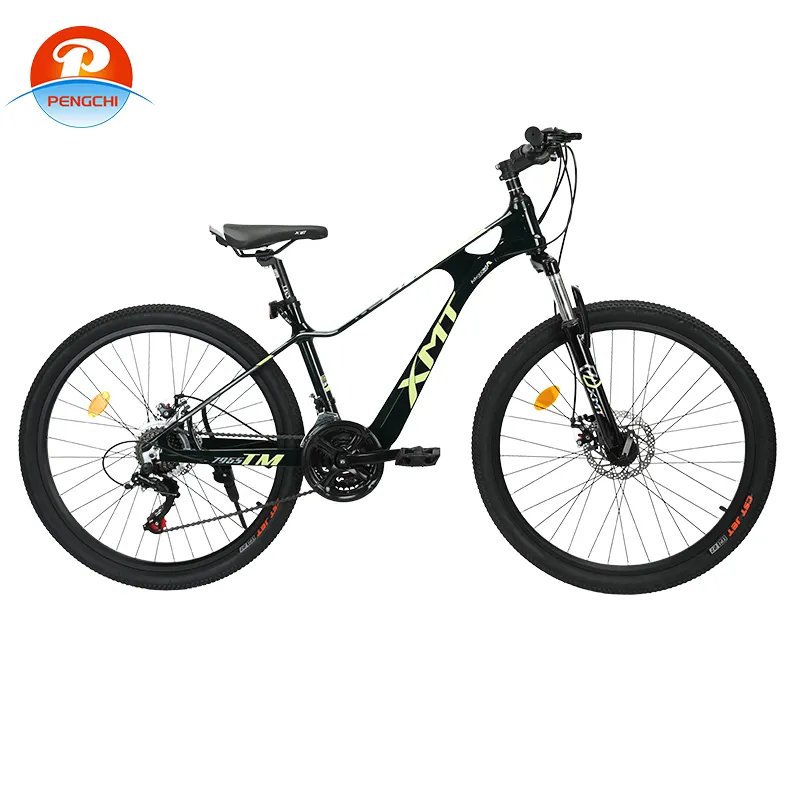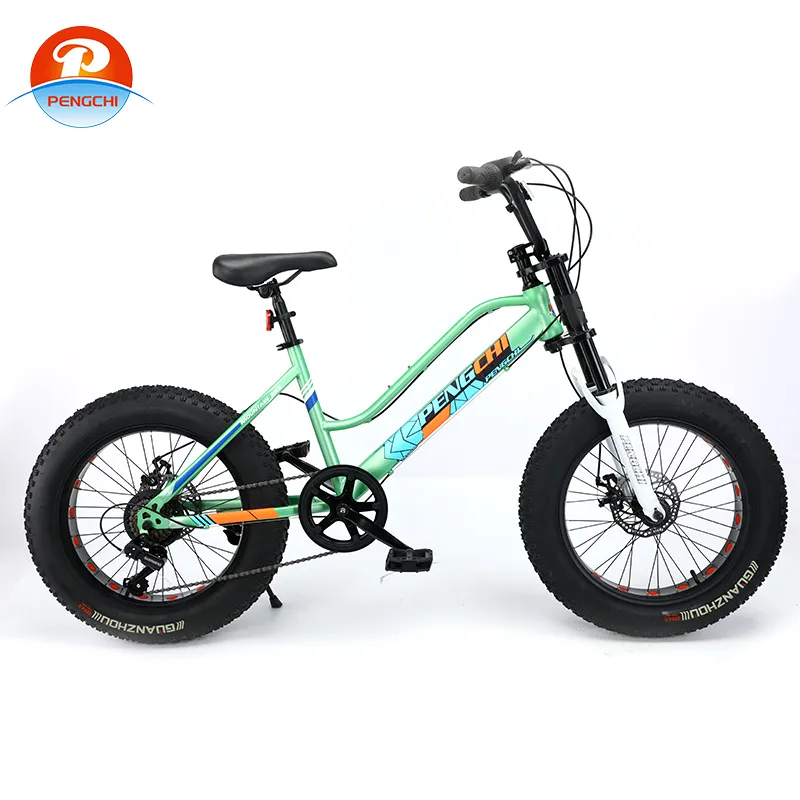2 月 . 15, 2025 12:42 Back to list
bike parts wholesale
Navigating the intricate world of bike parts wholesale can be a perplexing journey for newcomers and seasoned professionals alike. With the increasing demand for bicycles driven by a rising interest in eco-friendly transport and health, wholesalers play a pivotal role in the supply chain. Success in this segment hinges on understanding the subtleties of product quality, supplier relationships, and market trends.
Trustworthiness in the wholesale industry extends beyond mere product quality to incorporate transactional reliability and exemplary customer service. Efficient logistics operations, transparent pricing strategies, and responsive support systems underpin a reputation for reliability. Ensuring that delivery timelines are met and customer inquiries are addressed promptly showcases a commitment to customer satisfaction. Engaging with client feedback and implementing constructive criticism further asserts a wholesaler's dedication to service excellence. In the rapidly evolving landscape of bike parts wholesale, leveraging digital platforms to increase visibility and streamline processes is indispensable. An optimized website equipped with e-commerce capabilities and search engine optimization ensures that wholesalers remain competitive. Attention to SEO best practices like keyword optimization, mobile responsiveness, and user-friendly navigation contributes significantly to online discoverability. Providing an informative and engaging digital experience not only appeals to existing clients but also reaches untapped segments seeking reliable wholesale solutions. Embracing sustainability also propels a wholesaler’s standing in the modern market where eco-conscious consumers are making purchasing decisions based on environmental impact. Offering parts that promote sustainability, such as frames from recycled metals or energy-efficient components, aligns with global ecological goals and consumer priorities. In conclusion, excelling in the bike parts wholesale niche necessitates a blend of quality assurance, strategic supplier relationships, market insight, and authoritative presence. By weaving these elements into cohesive business practices, wholesalers can achieve sustainable growth and stand out as leaders in the competitive bicycle industry landscape.


Trustworthiness in the wholesale industry extends beyond mere product quality to incorporate transactional reliability and exemplary customer service. Efficient logistics operations, transparent pricing strategies, and responsive support systems underpin a reputation for reliability. Ensuring that delivery timelines are met and customer inquiries are addressed promptly showcases a commitment to customer satisfaction. Engaging with client feedback and implementing constructive criticism further asserts a wholesaler's dedication to service excellence. In the rapidly evolving landscape of bike parts wholesale, leveraging digital platforms to increase visibility and streamline processes is indispensable. An optimized website equipped with e-commerce capabilities and search engine optimization ensures that wholesalers remain competitive. Attention to SEO best practices like keyword optimization, mobile responsiveness, and user-friendly navigation contributes significantly to online discoverability. Providing an informative and engaging digital experience not only appeals to existing clients but also reaches untapped segments seeking reliable wholesale solutions. Embracing sustainability also propels a wholesaler’s standing in the modern market where eco-conscious consumers are making purchasing decisions based on environmental impact. Offering parts that promote sustainability, such as frames from recycled metals or energy-efficient components, aligns with global ecological goals and consumer priorities. In conclusion, excelling in the bike parts wholesale niche necessitates a blend of quality assurance, strategic supplier relationships, market insight, and authoritative presence. By weaving these elements into cohesive business practices, wholesalers can achieve sustainable growth and stand out as leaders in the competitive bicycle industry landscape.
Previous:
Latest news
-
Toy Car with Parental Remote - Safe Electric Ride-On Car with Parental Control
NewsJun.10,2025
-
Cheap Bikes for Students - Affordable & Durable Student Bicycles Online
NewsJun.10,2025
-
Children Balance Bike Lightweight & Adjustable OEM Designs
NewsMay.30,2025
-
Junior BMX Race Bikes Lightweight, Durable & Speed-Optimized
NewsMay.30,2025
-
21-Speed Foldable Gear Cycle Compact & Portable Commuter Bike
NewsMay.30,2025
-
Affordable & Durable Bikes for Students Campus Commutes Made Easy
NewsMay.29,2025



